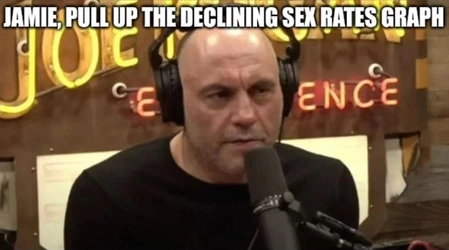Gen Z is breaking up with dating apps, Ofcom says

ARTICLE | ARCHIVE
Watchdog says Tinder, Hinge, Bumble and Grindr have all seen dip in use since last year
The UK’s dating scene is swiping left on popular apps such as such as Tinder and Hinge as younger people turn to real-life ways of connecting with potential partners, according to the UK’s communications watchdog.
Ofcom said the UK’s top four dating apps had seen a dip in use since 2023, with Tinder losing 600,000 users, Hinge shedding 131,000, Bumble declining by 368,000 and Grindr falling by 11,000.
Ofcom said the overall number of adults visiting a dating service in May this year – nearly 5 million, or about one in 10 – was broadly in line with the same period in 2023, but the slight decline could be linked to the shifting dating habits of members of gen Z, the demographic cohort born between the mid-90s and 2010.
“Some analysts speculate that for younger people, particularly gen Z, the novelty of dating apps is wearing off,” Ofcom said in its annual Online Nation report.
Luke Brunning, who runs a research network at the University of Leeds exploring the ethics of online dating, said the Ofcom data chimed with his own research.
“There is a growing romanticisation of in-person meeting and interaction. The ‘meet cute’ is becoming a trope in how people on social media talk about romance,” he said.
Brunning added that dating apps were still being used by young relationship-seekers, even if the plethora of online services sometimes made the experience difficult to navigate, while safety issues such as unwanted attention for female users had also been flagged in his research.
“Very few of them are turning to the apps as an exclusive means of setting up an in-person meeting. It’s much more fluid now,” Brunning said.
Tinder’s owner, Match Group, has admitted issues with attracting a younger audience, saying in January that its leading app would be focusing on “shaping an in-app experience that resonates better with today’s younger users”. It said gen Z users were seeking “a lower-pressure, more authentic way to find connections”.
Ofcom also found that dating services still had the biggest reach in younger adult age groups, reaching 18% of 18- to 24-year-olds and a similar proportion of 25- to 34-year-olds. It said two gay dating apps, Sniffies and Scruff, had entered the top 10 most popular dating apps.
